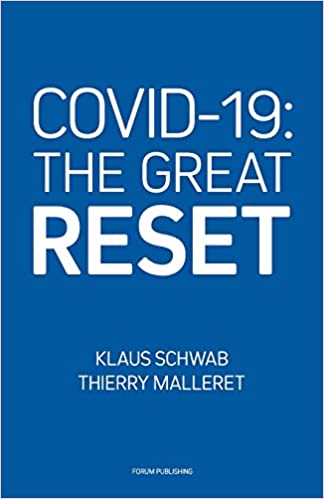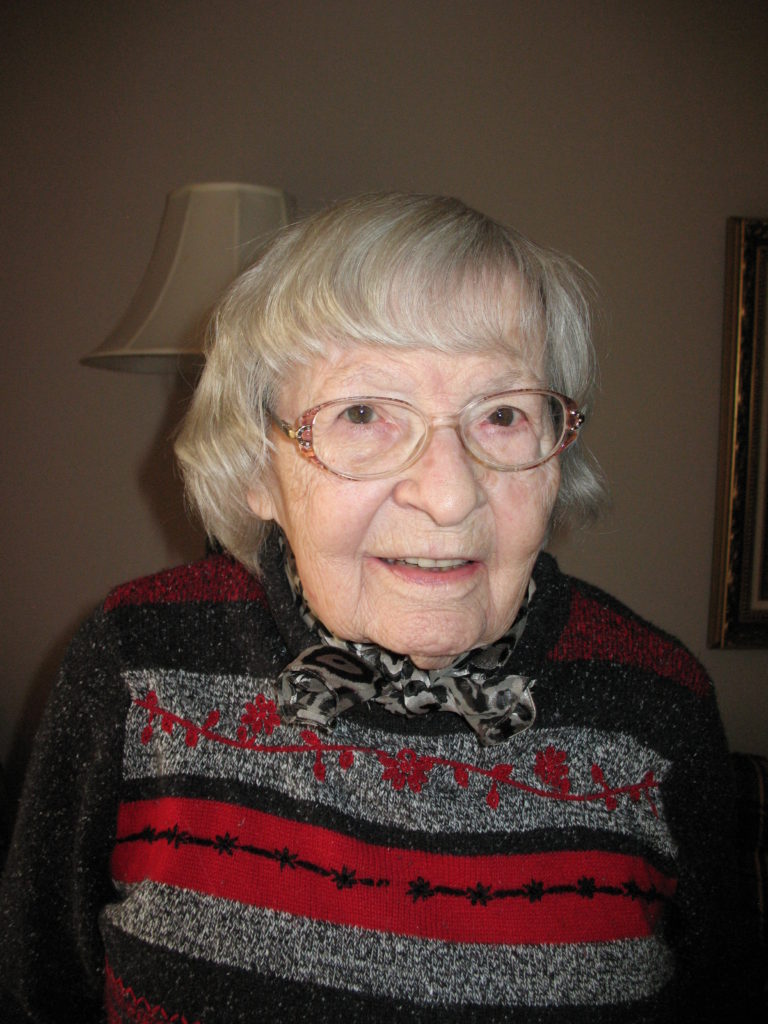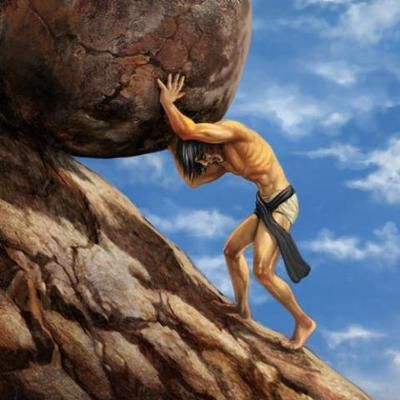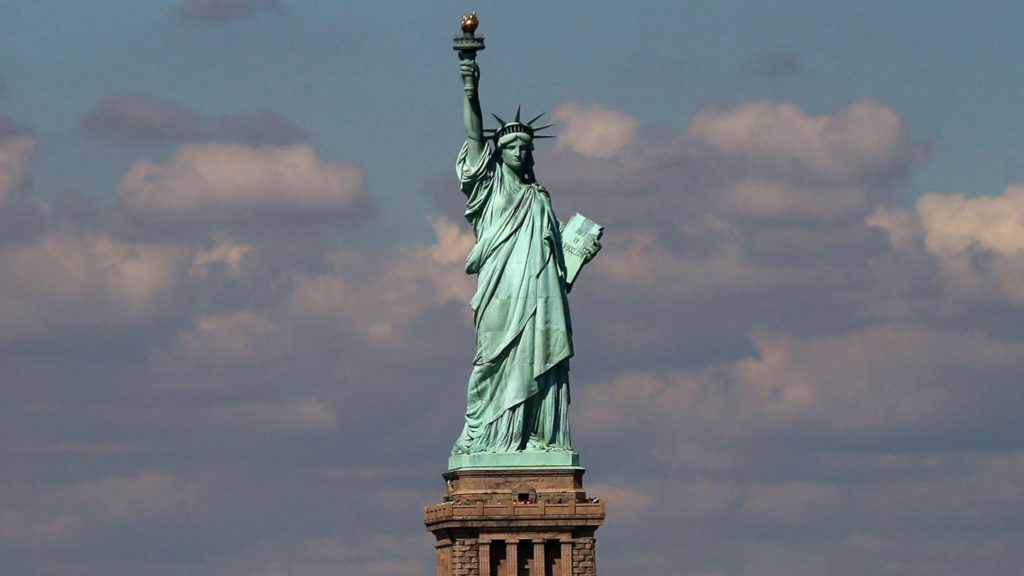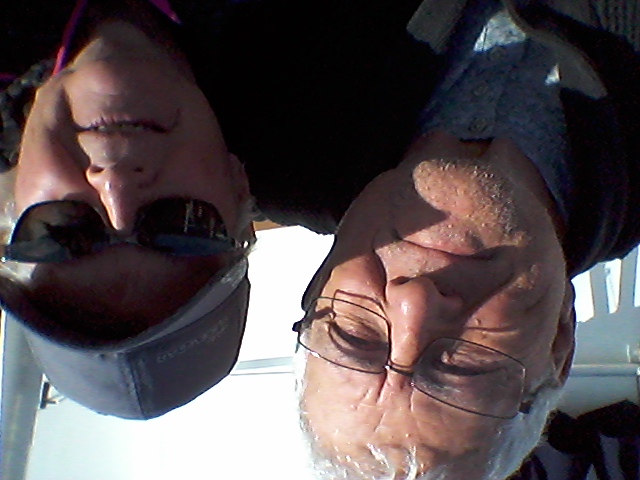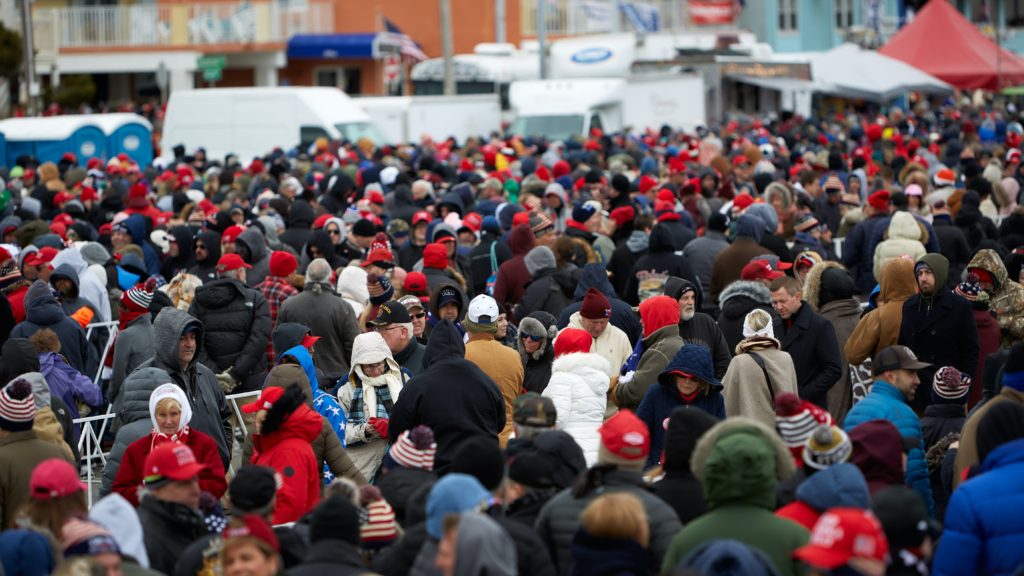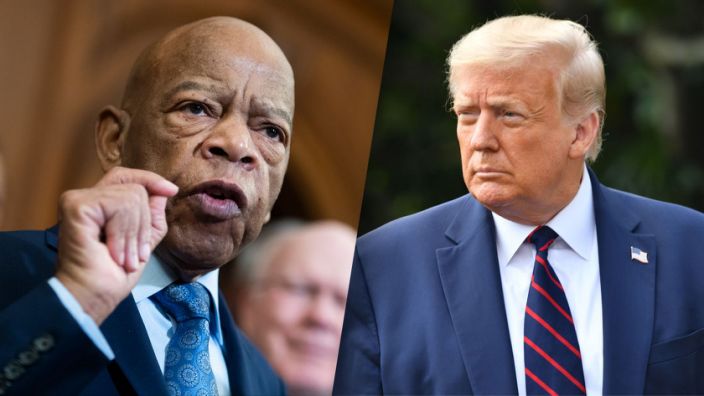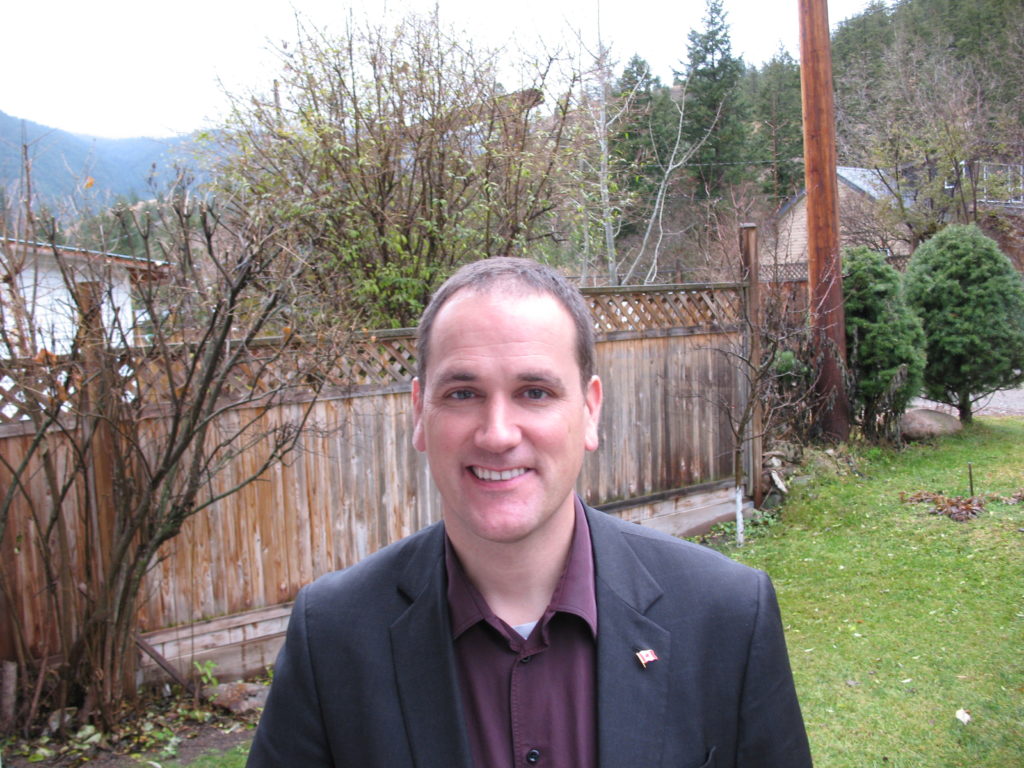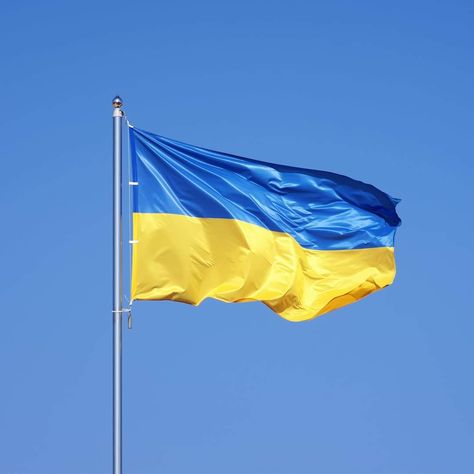
In a recent email my friend Albert expressed some disquieting thoughts concerning Russia’s invasion of Ukraine. “Vladimir Putin is one of the rare heroes in our world today,” he wrote. In a subsequent message he confidently asserted that “by permitting Russia’s neighbors to join NATO, America pushed Putin into invading Ukraine.” Albert seems quite convinced that this justifies the killing of civilians and the devastation of Ukraine’s infrastructure.
Albert’s words remind me of 83 year old Maria, our neighbor some years ago. When I asked about her flight from Ukraine, she said, “My husband and I and our two young children lived on a Collective Farm in southern Ukraine. One day the Communists came when he was on a grain harvesting crew. They accused him of stealing gas. That made no sense, since we didn’t own a car or machinery. Everything belonged to the farm. The next day they returned and took him away. I heard from other workers he had begged the Communists to let him say goodbye to his family. They refused and I never saw him again.”
“When the German Wehrmacht invaded,” she said, “they protected me against further persecution because I spoke German as well as Russian. They couldn’t hold their position though and when they retreated, they took my children and myself along to Germany. I was certain the Russians would punish me for talking with the enemy so we went willingly. Even today I wonder if my husband is alive.”
Like myself, Mary grew up in the Mennonite culture and faith. Our forebears had been invited by Catherine the Great to settle in Ukraine because they were known to be proficient in agriculture. She promised them freedom to practise their faith, speak German, and the right to not serve in the military. In time these commitments were forgotten or ignored. Being pacifists, my grandparents, and many other Mennonites emigrated to Canada in the 1870’s.
Not all Mennonites were given permission to leave and in time they endured great persecution for their beliefs. This increased when Lenin and Stalin achieved power. Possibly this personal connection raises my anxiety level as I observe Vladimir Putin’s current unprovoked attack and harsh strategies in Ukraine. For me they are eerily reminiscent of the Bolshevik reign of terror which started in Lenin’s time and was accelerated under Stalin.
Stalin wanted Ukraine’s rich grain fields to feed the Red Army. To achieve this he sent crews to the farms with orders to seize any food they could discover. If a peasant possessed a cow, horse or farm implements, these were taken. They also removed anything of value in the homes, even food in pots on the stove, and in some instances, entire meals already on the table.
Peasants were compelled to relinquish their holdings, mostly small, and join collective farms. Many refused, especially the more affluent ones, known as kulaks. Often men were arrested and summarily shot while their families watched. In some instances children were undressed and thrown out into the cold. Children and adults starved. In “Red Famine” historian and journalist Anne Applebaum states, “It was a political famine designed to depopulate Ukraine to make room for Russian settlers.” Stalin denied there was a problem.
Peasants, intellectuals, academics, activists and entire villages were sent to remote inhospitable regions. Thousands were shipped in cattle cars to the Gulag, Russia’s infamous prison system. Here many died in the cold and wretched living conditions. According to Robert Conquest in “The Harvest of Sorrows”, approximately 14.5 million Ukrainians and Russians died during these terrifying years. A lot of Mennonites suffered this fate.
Now Vladimir Putin, like Stalin, seems committed to killing civilians to make space for Russians. Also like Stalin, he claims the goal is to liberate Ukraine from Nazis. At the outset, while massing troops along the border, he said he would not invade. His entire military venture since then has been based on fabrications.
It seems Vladimir Putin is employing strategies based on Stalin’s playbook. His troops are raping, maiming, and killing civilians, destroying the country’s infrastructure and using propaganda to create fear and chaos. Inspite of this, Albert apparently sees a halo around Putin’s head. Ukrainians, though, are not deceived. They remember the Hammer and Sickle years and want nothing to do with Putin’s “liberation”.

